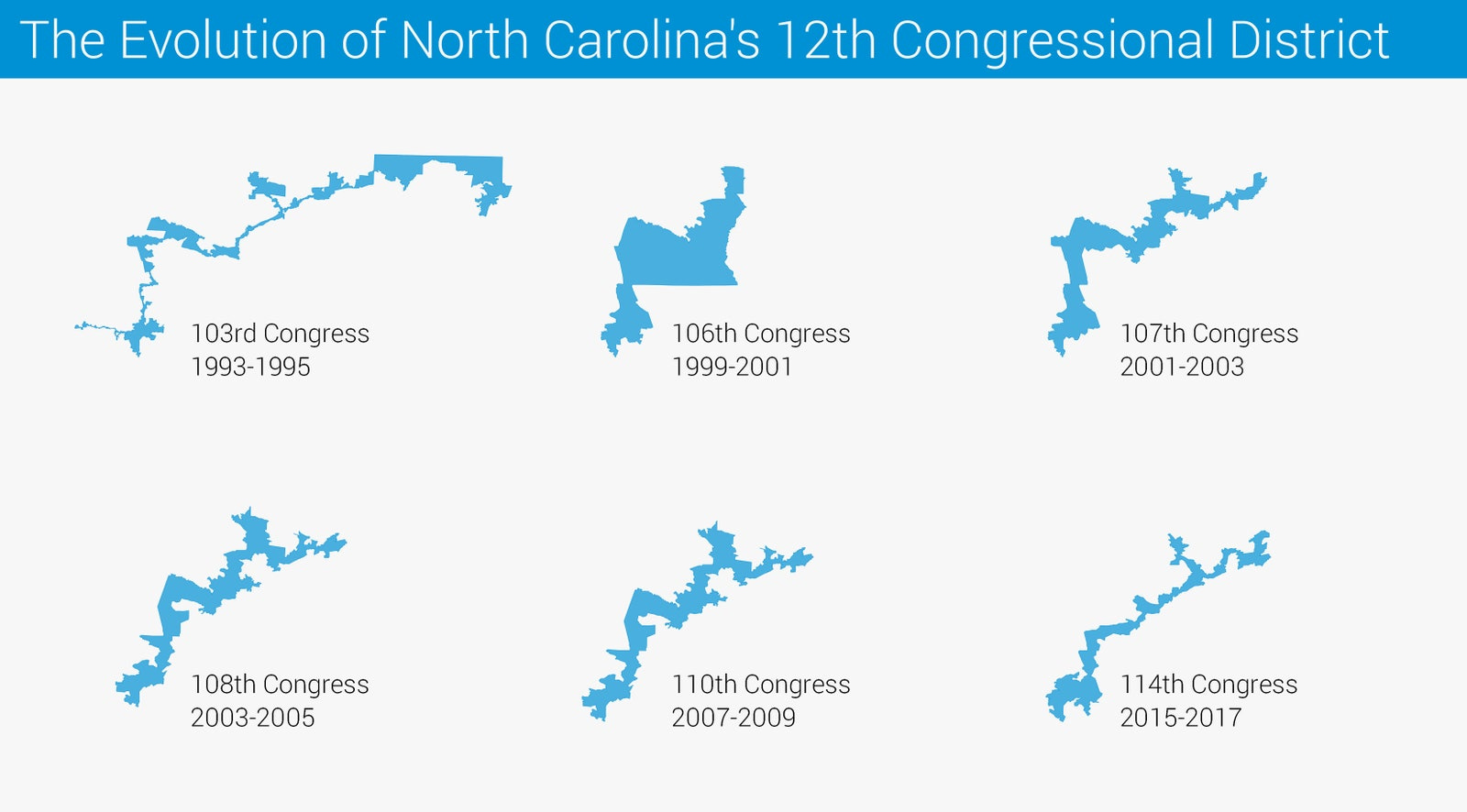Eric Holder shouldn't fool anyone
Published February 25, 2021

Former U.S. Attorney General Eric Holder drew glowing media attention last week as he gave the Weil Lecture on American Citizenship at the UNC School of Law. He vowed a new round of lawsuits challenging whatever form the next round of North Carolina congressional and legislative districts take unless they’re drawn to his satisfaction.
“North Carolina really is, in some ways, ground zero for partisan and racial gerrymandering,” Holder said. “And the only way, I think, to crack that which is happening in North Carolina is through the courts, and use those decisions to get a more fair congressional delegation from North Carolina.”
The former AG has no interest in fairness. His current role, after all, is chairman of the National Democratic Redistricting Committee, “which helped bankroll two gerrymandering lawsuits [in N.C.] in 2019 — the first against our state legislative districts, and the second against our U.S. House districts,” the News & Observer reported.
Hint: The lawsuits Holder backs didn’t challenge Democrat-led gerrymanders. From the group’s website:
If we’re going to secure fair maps for the next decade, Democrats need to win critical battles before 2021 redistricting.
We’re on the right path. In the past few years the NDRC has helped fair map Democrats make big gains — winning nine governors races, flipping eight state legislative chambers, and winning three state Supreme Court races.
All those “wins” were for Democrats.
The Weil Lecture isn’t online. But here’s a video interview he did in September with the left-leaning Capital Times in Madison, Wisconsin, discussing gerrymandering and his work to elect fellow Democrats:
Much of what Holder’s saying about North Carolina is bluster. Republican legislative leaders have said they hope to emulate the redistricting process used in 2019. If so, lawsuits will be a waste of tax dollars and, as I discussed last week, will further delay elections that face challenges because the Trump administration tried to derail an accurate census count.
Berger told the N&O last month the 2019 method — during which the committee meetings were streamed online, a web portal allowed real-time public comments, and people other than lawmakers and staff could enter the map-drawing rooms and watch the process in person — was worth doing again, even without a court order.
“Voters should know that the legislature is committed to a process that’s open and transparent, that the legislature would be committed to making decisions that are based on criteria that is not inherently political or advantageous to one party or the other and that legislators will follow the law and the constitution as it has been properly or as it has been interpreted by a proper authority,” he said.
Good.
The census delay also offers an unintended benefit. Redistricting won’t take place until fall or winter — when anyone who wants a COVID vaccine should have gotten one and in-person redistricting hearings could take place.
Republicans fully control North Carolina’s redistricting apparatus. They’d do well to abide by the spirit of compromise that governed the 2019 process (even though, admittedly, they did so under a court order). The state has spent much of the past three decades litigating challenges to its maps … and losing.
It didn’t matter which party was in charge, Democrats or Republicans. The folks in command, either directly or through sleight of hand, used methods with discriminatory intent. Or at least that’s what courts concluded, and they’re the deciders.
My former John Locke Foundation colleagues for nearly three decades have argued that North Carolina should create a process for redistricting based on rules, which largely were spelled out in the 2002 Stephenson v. Bartlett Supreme Court decisions.
As I wrote two years ago, the two big rules are: Districts should respect county lines. And they should be as compact as possible. (More circles, fewer more snakes or ribbons or Pac-Men.)
Common Cause and other good-government types want to put the maps in the hands of independent commissions or some other “nonpartisan” outside body. Unless that outfit were constrained by the Stephenson rules, we’d likely wind up with our usual mess. Such panels typically have been filled with or led by party operatives who draw districts no better than the ones emerging from partisan legislatures. But they have the seal of approval of an “impartial” arbiter, which could persuade a court to OK genuinely hackish maps.
The N.C. Constitution says the legislature has the final say over redistricting. So even the work of a Common Cause-style commission would have to get the backing of a majority of lawmakers.
Rather than haggling over the structure and membership of a commission, let the General Assembly draw the maps. But make sure they stick to the rules.







